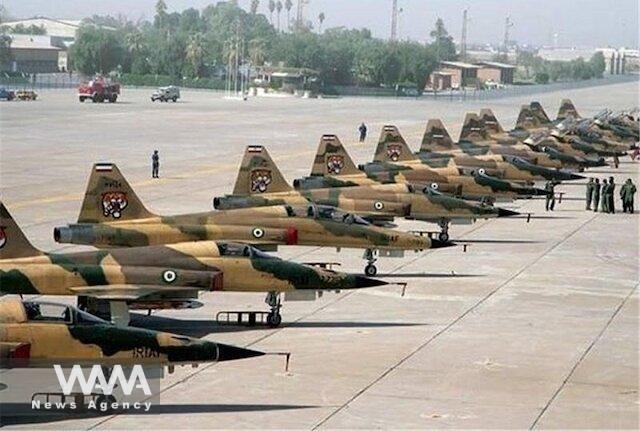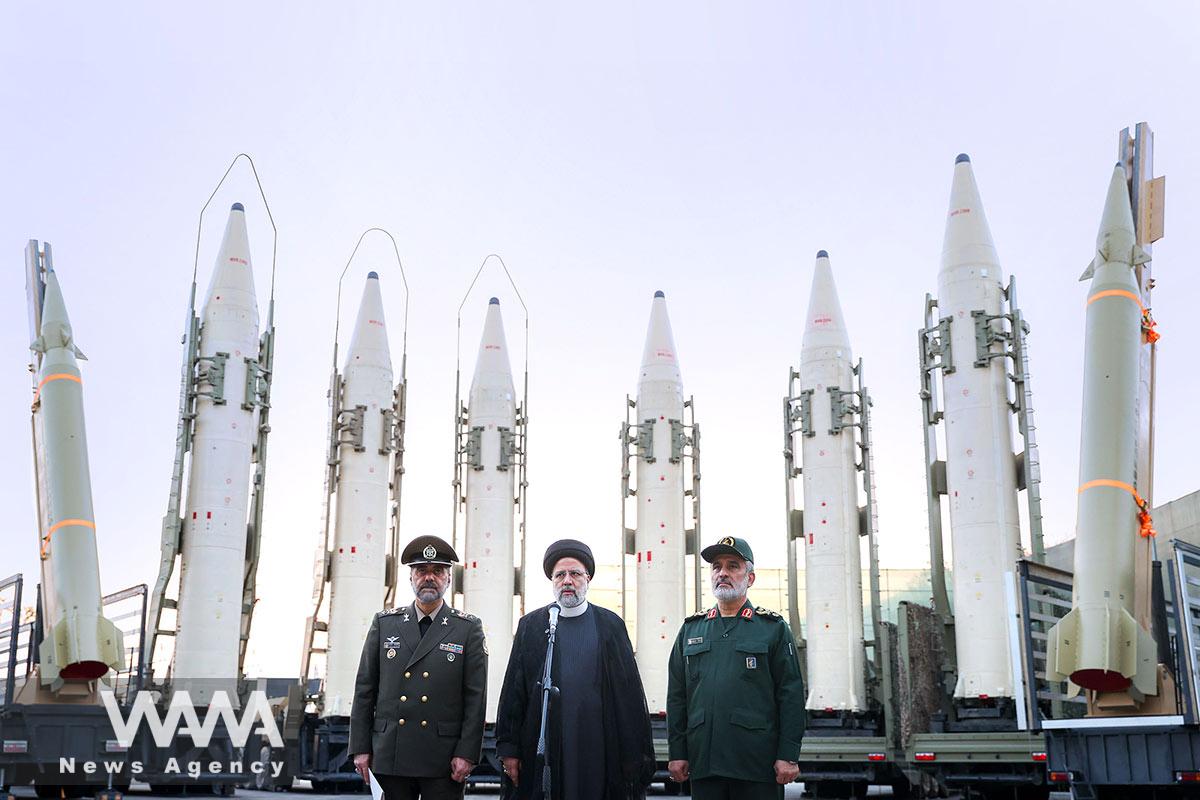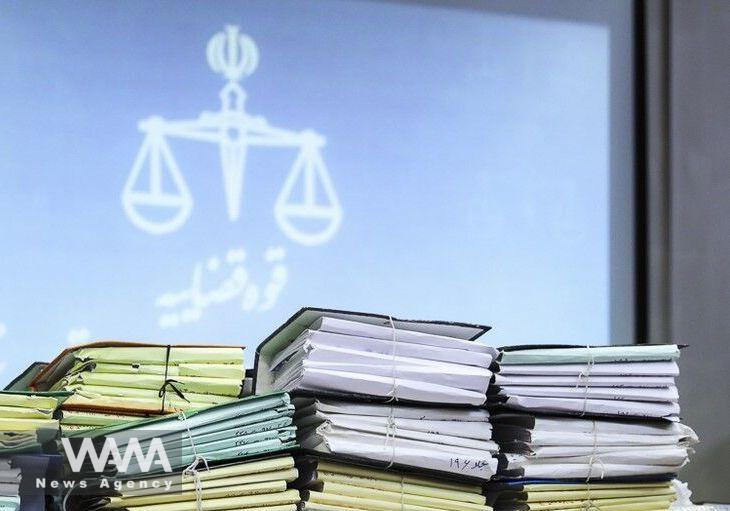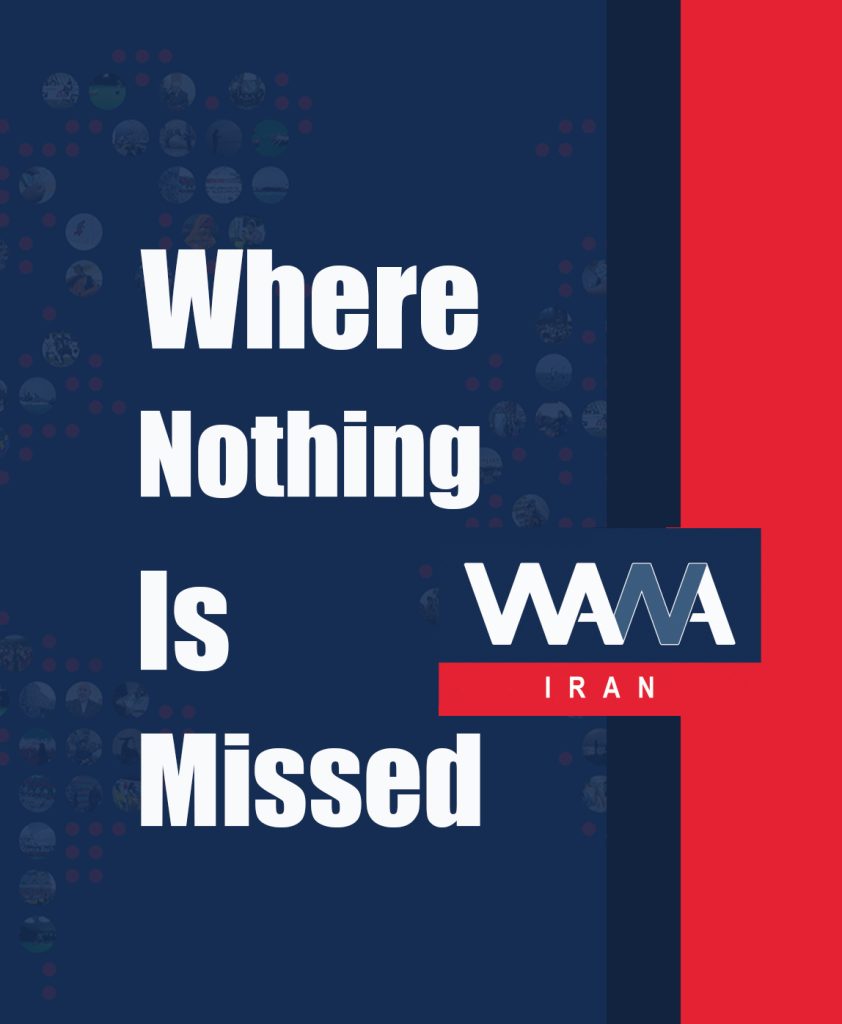Justice for the victim’s families. Unearthing the Nojeh Coup
WANA (AUG 26) – The Niqab (Nojeh) coup survivors and victims filed a legal complaint against the U.S. government and seven other defendants. The 55th branch of Tehran International Justice has ordered that the U.S. government pay a penalty of 330 million dollars in response to this complaint.
The “Nojeh coup” refers to an alleged coup attempt in Iran in 1980, shortly after the Iranian Revolution. Supposedly orchestrated by factions within the military opposed to the new Islamic government by order of the U.S. government, the plot aimed to overthrow the government and potentially restore the monarchy or establish a military regime. The government uncovered the plan and arrested those involved, with trials revealing alleged links to foreign intelligence agencies like the CIA, proving the foreign interference. The event remains debated, with some questioning the accuracy of official accounts.
The public court hearing the legal case of the families of the martyrs of the Niqab (Nojeh) coup was held on Monday, July 24, 2023, with the presence of the survivors and victims of this event, in Branch 55 of the Shahid Beheshti Judicial Complex in Tehran.
The family of the martyrs of the Niqab coup submitted a petition to the International Court of Tehran in July 2023. The petition was submitted based on domestic and international laws and demanded a verdict against the American government on the charge of planning and implementing this coup. The court issued a verdict condemning the US government to pay 30 million dollars for material and moral damages to the plaintiffs and 300 million dollars for punitive damages.
Over the years, there have been instances where U.S. courts have ruled to freeze or block Iranian assets held in the United States as part of efforts to enforce judgments related to terrorism or other claims against Iran.

A court in Tehran has ordered the US administration to pay $330 million in damages to survivors and victims of the Nojeh coup in Iran. Social Media / WANA News Agency
U.S. courts have ordered the seizure of Iranian-owned properties in the United States several times to satisfy judgments against Iran. This has led to legal battles and tensions between the two countries.
For example, in March 2023, a federal judge in New York ordered Iran’s central bank and a European intermediary to pay $1.68 billion in compensation to the families of soldiers killed in the 1983 bombing of a US Marine base in Lebanon.
Also, an Iranian journalist, Masih Alinejad, shared a photo on Twitter of the US Federal Court’s judgment in favor of her brother, Alireza Alinejad, against the Islamic Revolutionary Guard Corps and Ali Khamenei for his arrest.
According to Masih Alinjad, this federal court has charged the Islamic Republic to pay a total of 3 million and 325 thousand dollars, as is clear in the Twitter image.
These rulings are made in absentia of the defendant, which seems one-sided against Iran. Now, it looks like Iran is starting to do the same, beginning with the Nojeh case voting. Is Iran really going down the same road as the US has for years?

Iran Unveils Cutting-Edge Drone
WANA (AUG 22) – Marking the Defense Industry Week in the Iranian calendar, the nation took a significant leap forward in military technology today as the Iranian army proudly introduced the world to its latest creation, the “Mohajer 10” drone. The unveiling ceremony, held in the presence of Iran’s President Ebrahim Raisi, showcased a […]
MORE ABOUT NOJEH COUP
The Nojeh Coup aimed to replace the existing governance with a more secular and Western-friendly government. The conspirators believed that Iran needed a change in leadership to address the economic and social challenges facing the country at the time.
In the 1980s, Iran was experiencing the aftermath of the Islamic Revolution, which had led to the establishment of an Islamic Republic in 1979.
The specifics of the coup plan involved military units converging on the capital, Tehran, and seizing control of strategic locations. The conspirators intended to spark a popular uprising against the government and establish a new leadership structure.
Foreign entities, particularly Western countries, were suspected of providing backing to the coup plotters. While the extent of this involvement remains unclear, it added another layer of complexity to the failed coup’s narrative.
WANA writer / S, Khezri













User comments